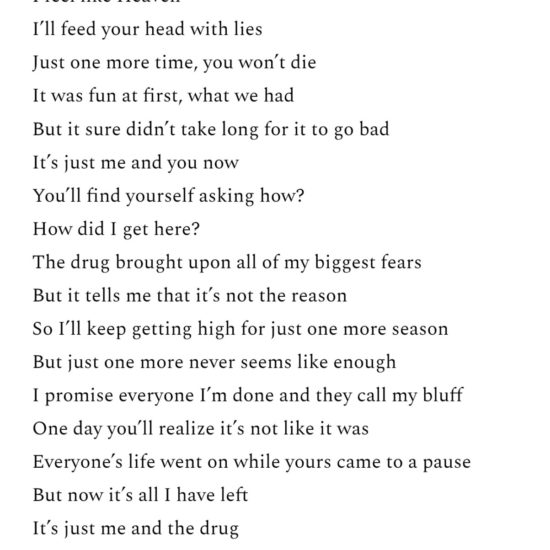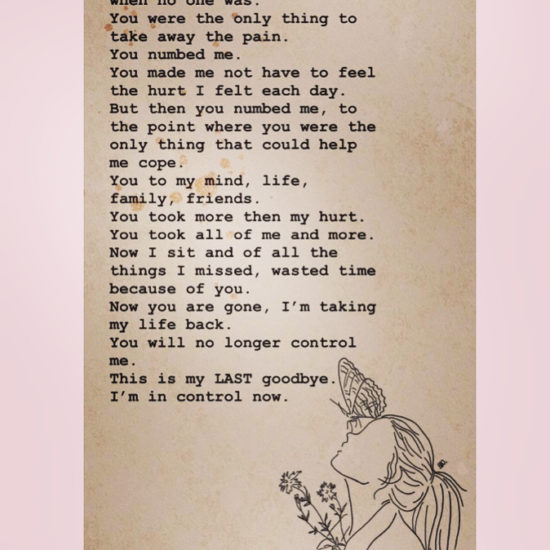
What Is Cognitive-Behavioral Therapy?
Cognitive behavioral therapy, or CBT, is one of the most common and effective behavioral therapies used to treat addiction. Developed to help prevent relapse for people who suffer from alcohol addiction, the central tenet of CBT is that learning processes play a crucial role in the development of harmful behaviors like abusing substances.
Cognitive behavioral therapy is used to modify a person’s attitudes and behaviors and as a result, change the way they feel. This is accomplished with therapeutic sessions that focus on the thoughts, beliefs, and attitudes of the person and how they relate to behaviors.
By learning to evaluate attitudes, beliefs and thought patterns and replace those that are harmful with those that are healthy, CBT aims to stop self-destructive behaviors and arm participants with skills and strategies for coping with stress and other potent triggers.
CBT was invented by psychiatrist Aaron Beck when he discovered that identifying emotion-filled thoughts that automatically occur in the mind was the key to understanding and overcoming emotional difficulties. Within the realm of substance abuse treatment, cognitive-behavioral therapy was developed as a way to treat alcoholism and prevent chronic relapse. It was later it was adjusted to treat individuals addicted to cocaine.
Cognitive behavioral therapy is an individualized approach to treatment that trains participants to:
- Cope with cravings
- Plan for emergencies
- Recognize and cope with triggers
- Identify high-risk situations and plan ahead to maintain sobriety despite them
CBT also addresses the underlying cause of the addiction, such as trauma, stress or mental illness. Participants in CBT practice skills in each session and continually examine and reshape their thought processes surrounding substance abuse.
CBT provides invaluable skills that clients will continue to use long after the completion of their long-term alcohol and drug rehab program. Research shows that cognitive behavioral therapy can be even more beneficial in substance abuse treatment when it is combined with other evidence-based treatment modalities, medications, and additional behavioral therapies, such as contingency management or 12-step facilitation therapy.
In addition, the positive effects of cognitive behavioral therapy remain long after therapy sessions have been completed. A study published in the journal Psychiatric Clinics of North America found that 60 percent of CBT participants who were addicted to cocaine provided clean urine samples at a 52-week follow-up.
Benefits of Cognitive-Behavioral Therapy
- Helps prevent relapse
- Improves client’s ability to cope with and overcome trauma
- Helps resolve relationship problems
- Teaches clients how to cope with loss and grief in a healthy way
- Improves anger management skills
How Cognitive-Behavioral Therapy Is Used in Addiction Treatment
Once you remove the addiction from someone’s life, what is left? The clinical counselors at Nova understand that addiction is not the main problem—it’s the underlying causes that are the real issues. Our staff uses cognitive-behavioral therapy to expose the underlying causes of a client’s addiction and help them identify and modify the beliefs and attitudes that directly contributed to their substance abuse.
At Nova, cognitive-behavioral therapy is used in every aspect of addiction treatment but is most often utilized on an individual level. CBT is a goal-oriented therapy that focuses on education and the resolution of specific problems. With that in mind, our therapists meet one-on-one with clients to help them develop important skills like problem-solving, coping strategies, and the ability to recognize moods, thoughts, and behaviors that stimulate drug cravings.
They also facilitate chemical dependency education groups throughout each client’s drug and alcohol rehab program. These group sessions address topics like nutrition, health, relapse prevention and more.
One of the main elements of cognitive-behavioral therapy within addiction treatment is anticipating situations or problems and improving the client’s ability to practice self-control by developing coping strategies. Nova’s clinical counselors use the following techniques to assist clients through this process:
Techniques
- Positive and Negative Consequences of Continued Drug Use
- Self-Monitoring to Recognize Cravings Early
- Identify Situations that might put one at Risk for Use
- Developing Strategies for Coping with Cravings
- Avoiding High-Risk Situations.https://novarecoverycenter.com/treatment-programs/behavioral-therapies/cognitive-behavioral-therapy-cbt/









